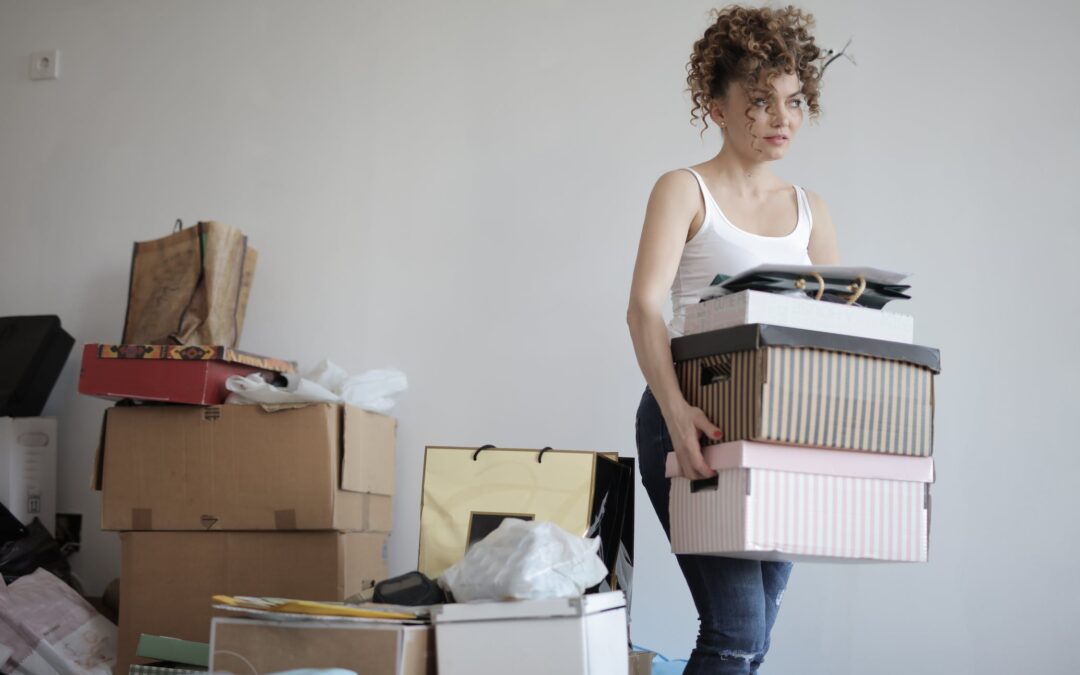Have you ever held onto something for that “just in case” situation that never seems to come? Or have you bought something at a bargain price, only to leave it gathering dust in a closet, or worse, in a rented storage unit? If so, you are not alone. Many of us fall into the “poverty mentality,” a mindset shaped by fear and scarcity that can bind us to the past, impair our decision-making, and even dampen our joy.
The poverty mentality can be deceptive. It whispers in our ear, “You might not be able to afford this in the future,” or “You might need this someday.” It can even extend to others: “I’m keeping this for my loved ones.” The fear of the unknown and a sense of scarcity anchor us in this mindset. It is not wrong to be a caregiver, but when we let fear dictate our decisions, we start to stray from what is truly important.
What often goes unnoticed is that this mindset is a form of procrastination, a non-commitment to making clear choices about what we need in our present lives. We delay decisions, keep unused items “just in case,” and bargain hunt not because we need those things but because the perceived value tricks us into thinking we are saving for the future. If you aren’t using these items, you have spent money that has left your bank account without returning any value.
Free items are no different. A free item always has a hidden cost – the space it takes up in our homes and minds, the time and energy spent managing and integrating it into our lives. We often keep things because we aspire to fix them someday or because they hold sentimental value. They perhaps remind us of when we were younger, thinner, or happier. But if those possessions stir feelings of regret or longing rather than joy and nostalgia, they tether us to a past that doesn’t serve our present or future.
Take a moment to consider the tangible and intangible costs of storing items. The physical space consumed, the mental burden of managing them, and the money spent on their upkeep all add up. Are you willing to continue paying these costs for items you might never use?
As an example, consider your wardrobe. Clothes that no longer fit aren’t just taking up space; they’re mental reminders of a past that may bring negativity, not joy. Similarly, our children don’t need our old possessions to create their memories. They need the space to create their own stories and “things” that hold meaning for them.
So how can we free ourselves from this cycle?
The first step is to change our mindset. We need to shift from being collectors to becoming curators. A curator doesn’t indiscriminately amass items; instead, they selectively choose what adds value to their collection. They are intentional about what enters their space and what they want to devote their time and care to.
Being a custodian of your possessions means taking care of them and being discerning about what you choose to keep. Hold onto the items that bring you joy and serve a purpose in your life. They don’t have to be expensive; they just need to have value for you.
When we free ourselves from a poverty mentality, we make room for growth – mentally, emotionally, and physically. We allow ourselves to live in the present, create new memories, and enjoy the peace of a decluttered space and a clear mind.
Remember, our possessions do not define us. We are more than the things we own. By letting go of our fear and scarcity mindset, we can create a meaningful, joyful space in our homes and our lives.
Be kind to yourselves,
Effy

